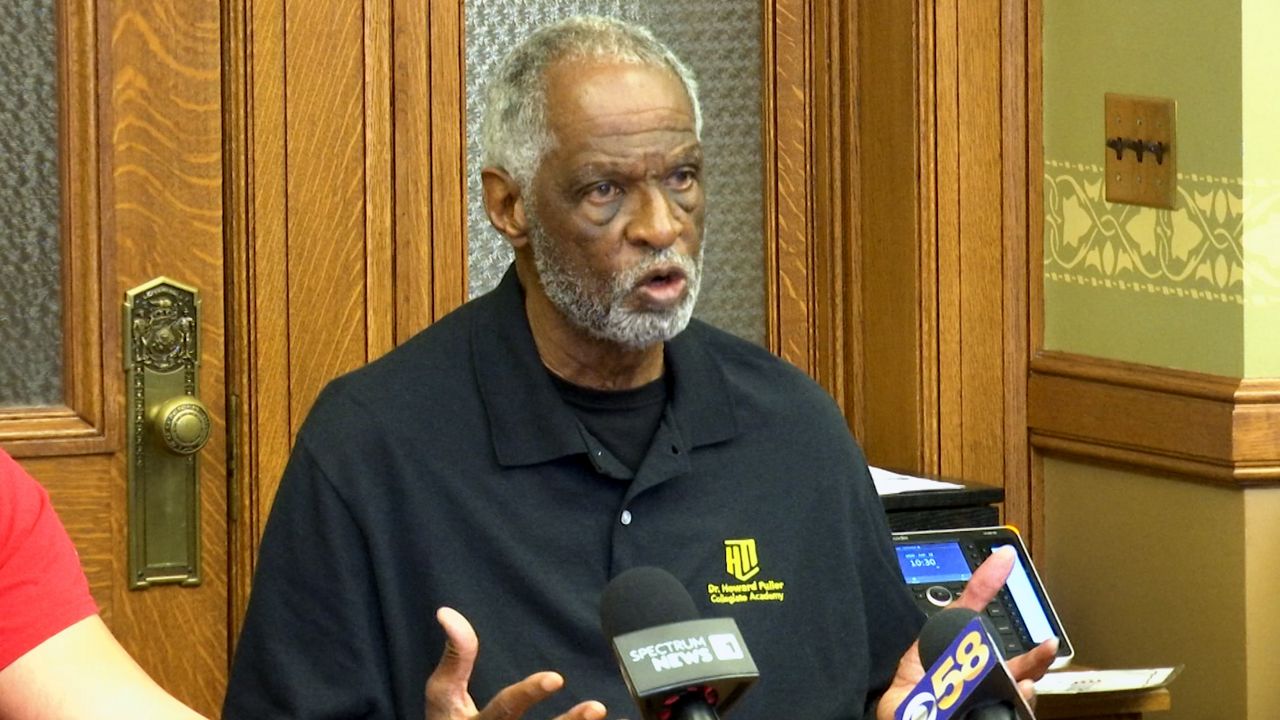MADISON, Wis. — The tentative deal on shared revenue and education funding reached last week between top Republican leaders, who control the Legislature, and Democratic Gov. Tony Evers, is now being fast-tracked as the budget deadline nears next month.
The Senate Committee on Education held a public hearing Monday on part of the bipartisan school funding compromise tied to the broader shared revenue agreement.
Under the proposal, there would not be changes to how choice, charter and special needs programs operate. Instead, the legislation would grow the size of state-funded vouchers for those parental choice schools.
With so much disagreement over education policy, an author of the bill said bipartisan compromise is “all the more impressive.”
“This bill moves our school funding system closer to the legislative Republican policy goal of every child, in whatever educational environment, being worth a reasonable minimum level of support,” State Sen. Duey Stroebel, R-Saukville, told his colleagues on the committee.
Last week, Republicans agreed to spend an additional $1 billion on K-12 schools if families who send their kids to private and charter schools participating in the state’s taxpayer-funded voucher program also get a boost.

Howard Fuller, who previously served as superintendent of Milwaukee Public Schools and co-founded a public charter high school, said he doesn’t believe there should be one best system to deliver on the promise of public education.
“When I’m sitting here talking about these options, it is with the understanding that the work over the last 30 years has not been to destroy public education. It has been to broaden the systems that deliver on public education,” Fuller explained to lawmakers.
Under the proposed agreement between Republicans and Democrats, K-12 public schools would see an additional $325 per student per year thanks to the more than $1 billion in spendable revenue.
The spending package also includes funding bumps for the state’s school choice voucher program, with a little more than $1,000 per K-8 student per school year for the next two years. Private high schools participating in the voucher program would also receive almost $3,000 more per student each year.
“If we don’t have increased funding from the voucher program, we really fear there may be painful cuts to services,” Aryeh Borsuk, who serves as the director of development and advancement at Yeshiva Elementary School of Milwaukee, testified. “We may have to increase class sizes. We may have to provide [fewer] services to the kids who need it most, including the special needs service students.”

Nataly Andrade with Hispanics for School Choice said she can also relate to spending struggles.
“With additional funding to narrow this funding gap, our schools could provide educational support to address learning loss, better teacher salary retention, and hiring new educators,” Andrade said in support of the bill.
Wisconsin has the oldest private voucher program in the country, and though top leaders have already negotiated the deal, some Democrats still voiced concerns about the rushed process.
“It was intended to be limited in its scope, and here we are 30 years down the road,” State Sen. Chris Larson, D-Milwaukee, said of the state’s voucher program. “And every time, this is not the time to ask those questions, about why we’re turning away students with disabilities, about why there is a history of discrimination.”
The Senate Committee on Education is scheduled to vote on the bill Tuesday, the same day the Assembly’s education committee plans to hold a public hearing on the legislation.
The Joint Finance Committee is also expected to vote on a budget for the state’s Department of Public Instruction on Tuesday.


